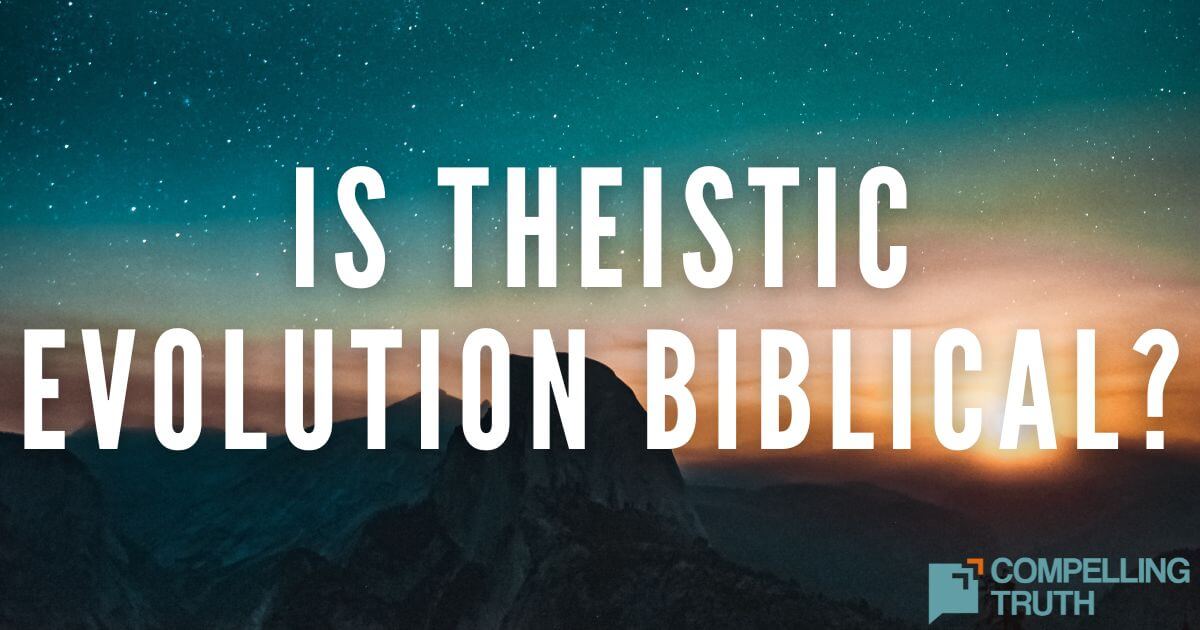The scientific method is a process for acquiring knowledge based on careful observation and rigorous skepticism. Development of the scientific method started in the 17th century, many centuries after the Bible was written. So, the Bible does not directly address whether creationism is scientific. Creationism holds that the universe and everything in it were created by God as described in the Bible. Creationism can be a rational and scientific approach to learning. There is no logical basis to flatly reject creationist presuppositions while blindly accepting naturalistic (atheist) presuppositions. Firm belief in creation is no barrier to scientific discovery. Simply review the accomplishments of scientists like Newton, Pasteur, Mendel, Pascal, Kelvin, Linnaeus, and Maxwell. All were clear and comfortable creationists who worked in many different fields of science. Creationism itself is fully compatible with the scientific method.
Methodological naturalism is the prevailing philosophy within the modern scientific community. In short, this means looking for explanations driven by natural laws and forces wherever possible. Unfortunately, many scientists warp this definition to mean that science—all science, itself—requires explaining everything in terms of natural causes and natural causes only. That perspective rules out any act of God, since God is outside of the natural realm. But to be prejudiced against God, from the beginning, means not being an impartial judge of evidence.
While naturalism (no supernatural intervention) is the prevailing point of view within the modern scientific community today, it is not universal. Many brilliant, accomplished scientists believe that creationism is more than a valid scientific perspective; they see it as more compelling than atheistic alternatives. These scientists note that scientists use design inference in disciplines such as anthropology, archaeology, forensic sciences, and cryptanalysis. Applying that same logic to biology and genetics makes it evident that all life was created by some sort of intelligent agent outside of our realm (i.e. God).
The modern field of Intelligent Design (ID) research is compelling scientific perspective showing that life and the universe were designed. ID says that intelligent causes are necessary to explain the complex, information-rich structures of biology and that these causes are empirically detectable. Two key arguments in ID are irreducible complexity and the observations that earth appears to have been fine-tuned (designed) for life.
Irreducible complexity is the idea that some biological systems cannot have evolved naturally, because they would not have been functional when in simpler forms. Most proponents of Intelligent Design identify the source of design as the theistic God of the Bible. Technically, however, ID points to no particular Designer; ID is not an inherently religious position.




